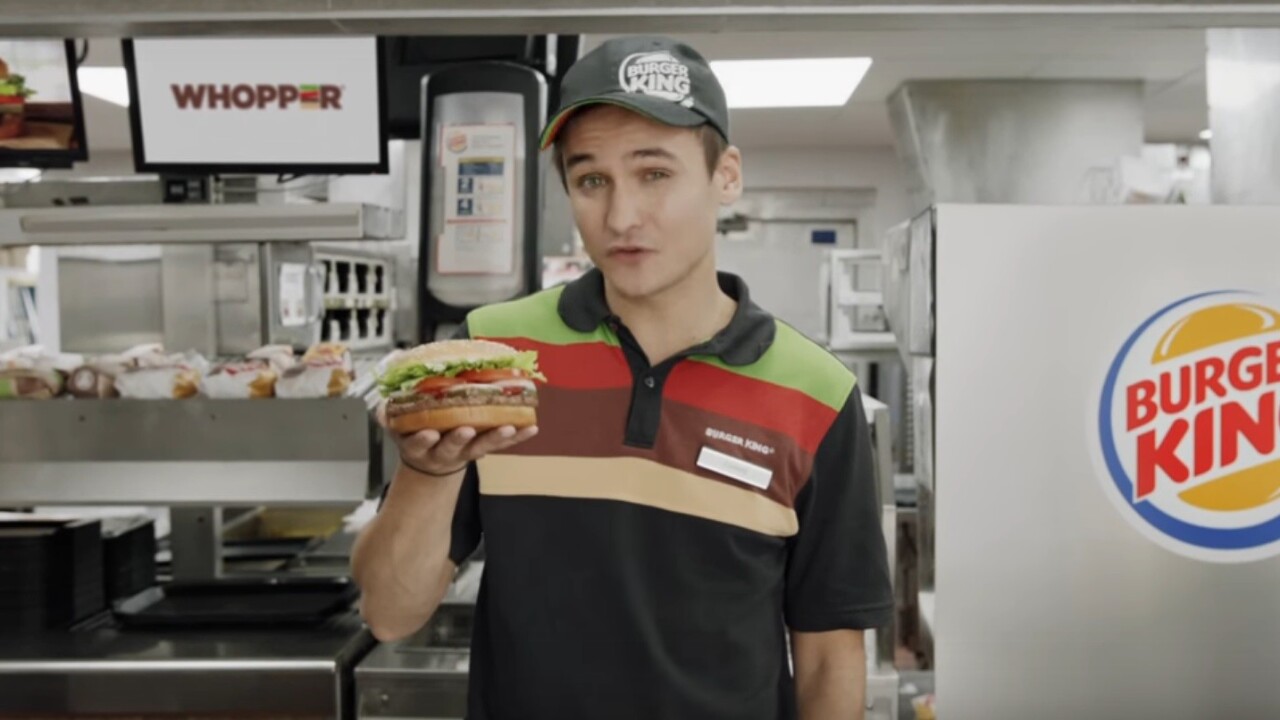Burger King caused a stir when it aired its TV commercial that prompts Google to describe its flagship Whopper sandwich. Shortly after, the media went berserk over how BK had hacked Google’s artificial intelligence-powered assistant to serve its ends.
But just how effective was the Google Assistant hijacking scheme?
A New York Times video shows a Google Home device actually being activated when the ad is played. But first of all, there are estimatedly less than 500,000 households with the devices across the U.S. To be activated, the device would have to be close to the TV at the time the commercial was played.
Still an innovation, Home is mainly the domain of millennials, who constitute the largest segment of the early adopter population. This is an important demographic for marketers, but millennials are not the best target for TV commercials. They also constitute the largest segment of cord cutters, viewers who cancel cable TV in favor of streaming services.
And the ad is even less likely to activate Android phones, which are tuned to the voice of their owner. Factoring in all the parameters, the commercial would affect a very small subset of all Google-powered devices.
Bottom line: The Burger King commercial was a failure if it aimed to hijack your smart assistant.
But what the fast food franchise did get was maybe more valuable than hearing a list of mostly-obvious ingredients. Within 24 hours, hundreds — if not thousands — of websites redistributed the ad. The YouTube video got millions of times, more than the total number of Google Home units across the world.
Google’s not-so-silent tweak of its software to prevent the ad from activating its assistant created even more media hype. The same goes for BK’s updated version of the ad, which managed to work around Google’s block. Even the Wikipedia battle to change the ingredients of the Whopper got people to talk about the burger. And I don’t think any sane person would believe that your burger would contain cyanide, toenails and a “medium sized child.”
The real result will show off when BK releases its sales figures. But as The Verge’s James Bareham says, “If the aim of David, the creative agency in Miami that made the Burger King Google Home TV spot, was to create a short, sharp, viral commercial that would generate a digital media storm and the attention of the most valuable demographic advertising, then it deserves every Lion in Cannes.”
Don’t expect a new trend of Google-provoking ads to start sprouting as of tomorrow. These things tend to be one off events. However the Burger King “OK Google ad” shows that we’ve yet to discover the repercussions of disruptive tech surrounding us. It also show that in an age where artificial intelligence developments seem to be the focus of business efforts, good old marketing tactics still work for those who know how to use them.
Get the TNW newsletter
Get the most important tech news in your inbox each week.






